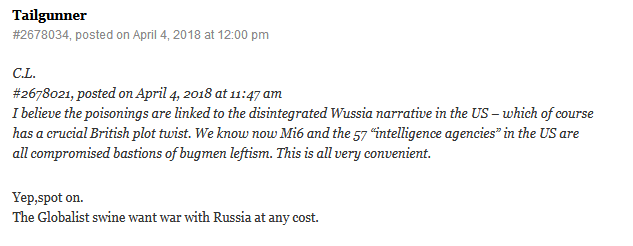I think it's very much of a piece with Black Hawk Down, which I happened to watch for the first time last week: high on military realism, but very shallow on depth of characterisation, and little attempt at character development. I think the latter is more of an issue for ZDT, because it follows one character (a real female CIA agent who did play a large role in finding Bin Laden) over 10 years. The film gives you the impression she has no inner life at all. At the start she seems a friendless workaholic; by the end she's moved on to be an even less likeable obsessive friendless workaholic.
Yet I see, now that I look up articles about the accuracy of the film, that this might actually be an accurate character portrayal, if this part of a 2012 Washington Post article is anything to go by:
This spring, she was among a handful of employees given the agency’s Distinguished Intelligence Medal, its highest honor except for those recognizing people who have come under direct fire. But when dozens of others were given lesser awards, the female officer lashed out.Not exactly a generous spirit, by the sounds. (She was also passed over for promotion, according to the report.)
“She hit ‘reply all’ ” to an e-mail announcement of the awards, a second former CIA official said. The thrust of her message, the former official said, was: “You guys tried to obstruct me. You fought me. Only I deserve the award.”
As to the accuracy of the film overall, I see from this article in The Telegraph that it is pretty true to life, although (amongst other quibbles) some of the things the SEALs do in the Bin Laden compound raid are not technically correct. I haven't read whether one thing that bothered me in the film was accurate or not - the way this white, red haired, female CIA operative drove herself to and from work in Pakistan. Seemed a kind of dangerous thing to do - I would have assumed female CIA agents in that country would have had male drivers and bigger cars.
One small but surprising detail in the film is this (from the Telegraph article), although perhaps I had heard it before:
One of the most intriguing cameos in Zero Dark Thirty is that of Fredric Lehne, who plays the CIA’s counterterrorism chief, referred to only as “The Wolf”. Despite being a key figure in the fight against Islamist militants, when we meet him in his office he is practising Muslim prayer.But what about its portrayal of torture as a sometimes useful undertaking? I think it's hard to deny that the film works as an apologia for torture, and a disingenuous one at that. I think it tries to show sympathy to anti-torture advocates in the way it starts with our heroine Maya being disturbed by it, and later the male interrogator who feels he has to get out that line of work for a while because it's doing his head in, too. Yet the film suggests that, while it doesn't always work, information from some interrogations was useful.
As surprising as it sounds, this is true, at least according to a report by the Washington Post in March last year: the director of the CIA’s Counterterrorism Center (CTC), and the leader of the hunt for bin Laden, really has converted to Islam. Named only as “Roger” by the newspaper, he is in his late fifties and has worked for two presidents, four CIA directors and four directors of national intelligence.
His conversion to Islam came after he married a Muslim woman, but, according to the Washington Post, there is no prayer rug in his office. He is, however, known to clutch a strand of prayer beads.
This article in The New Yorker argues that this is where the film falls down:
In addition to excising the moral debate that raged over the interrogation program during the Bush years, the film also seems to accept almost without question that the C.I.A.’s “enhanced interrogation techniques” played a key role in enabling the agency to identify the courier who unwittingly led them to bin Laden. But this claim has been debunked, repeatedly, by reliable sources with access to the facts. As the Washington Post’s Greg Sargent first reported, shortly after bin Laden was killed, Leon Panetta, then the director of the C.I.A., sent a letter to Arizona Senator John McCain, clearly stating that “we first learned about ‘the facilitator / courier’s nom de guerre’ from a detainee not in the C.I.A.’s custody.” Panetta wrote that “no detainee in C.I.A. custody revealed the facilitator / courier’s full true name or specific whereabouts.”Well, yeah, that is a bit problematic for how one should view the film morally, I reckon.
So, overall, it's an interesting film as a bit of slightly fictionalised quasi-documentary, which turns out to have a morally dubious take on a key controversy; but even apart from that issue, I don't quite understand why it received so many completely uncritical reviews. As with Black Hawk Down, these types of film are very impressive as recreations, but they lack emotional kick and the sort of imagery that really makes a film powerful. Worth watching, but ultimately, not worth endorsing as great movies either.






